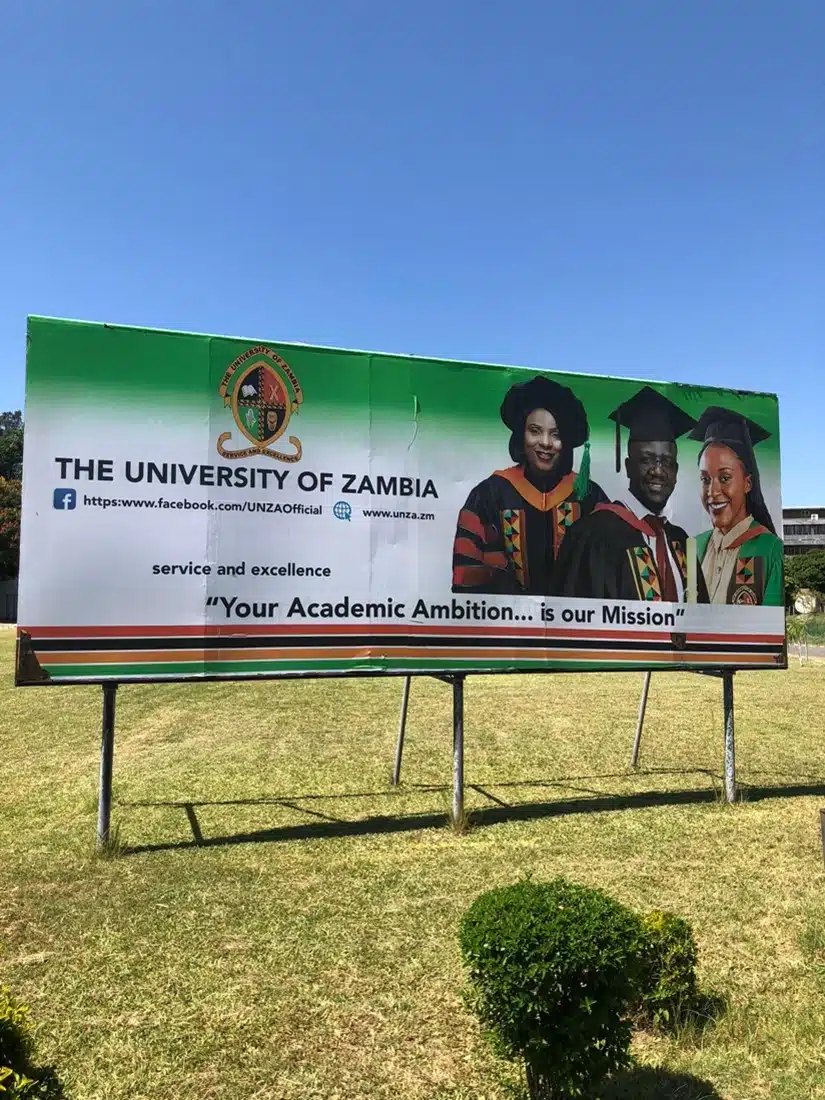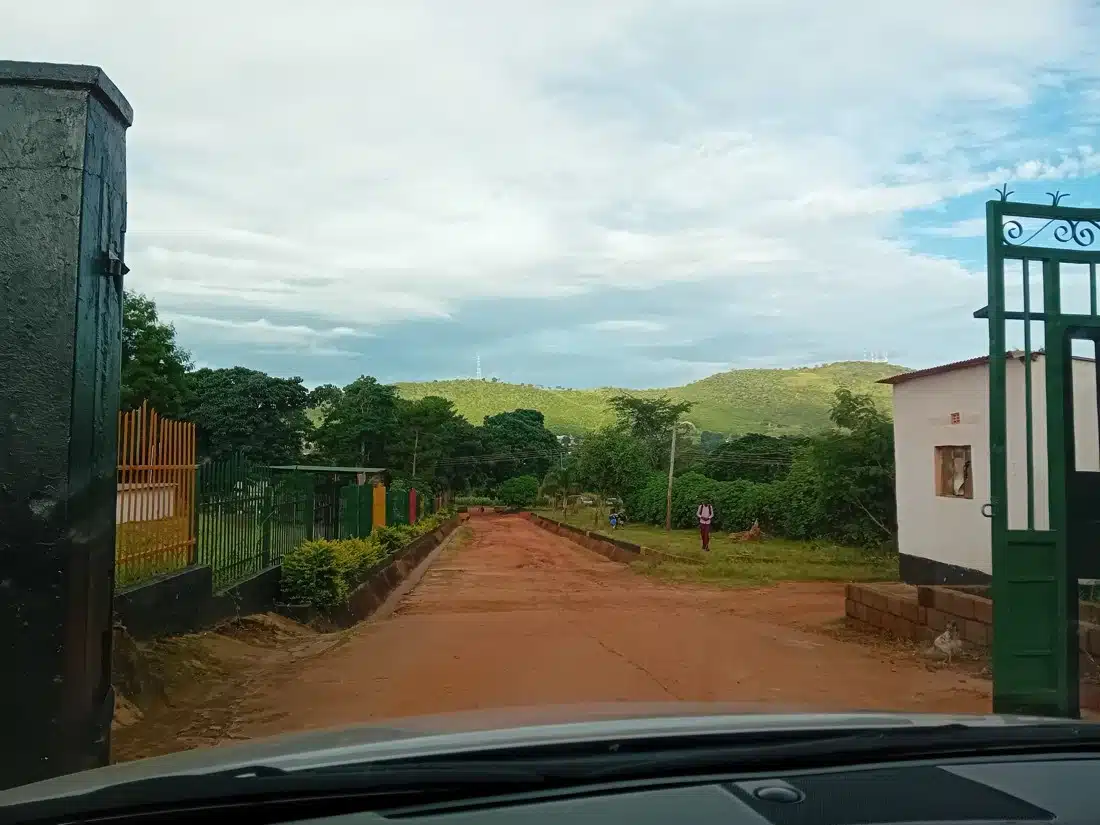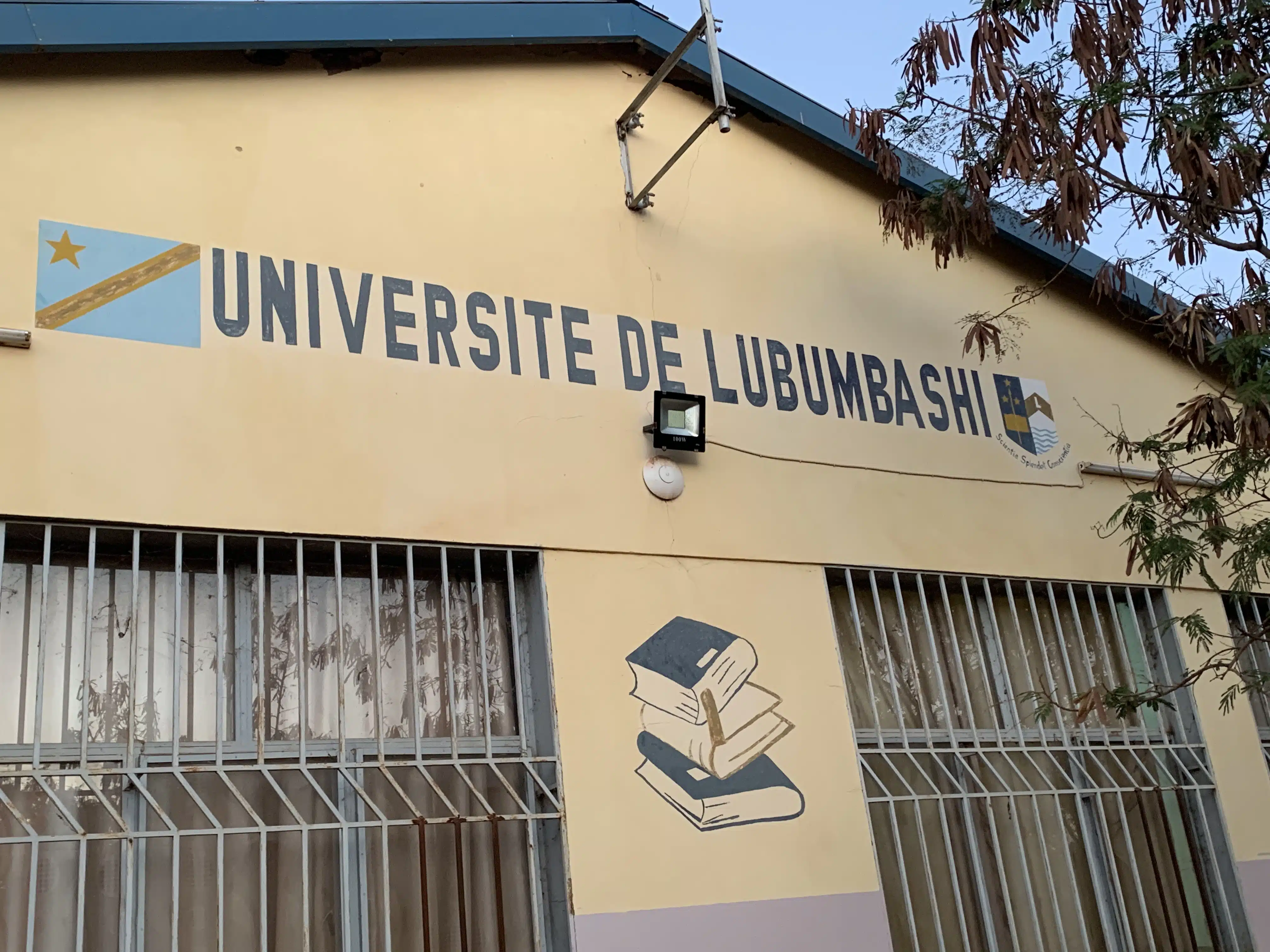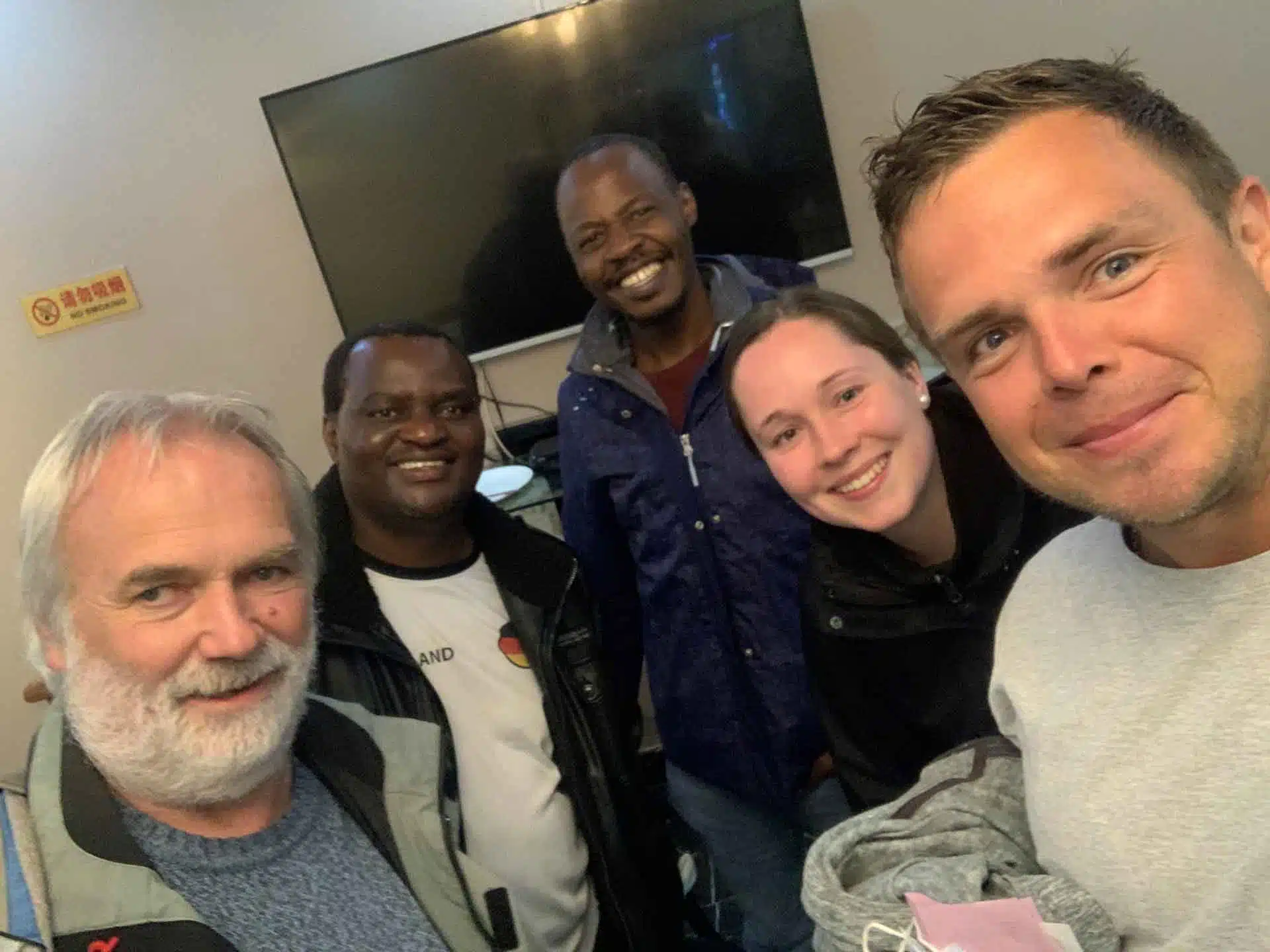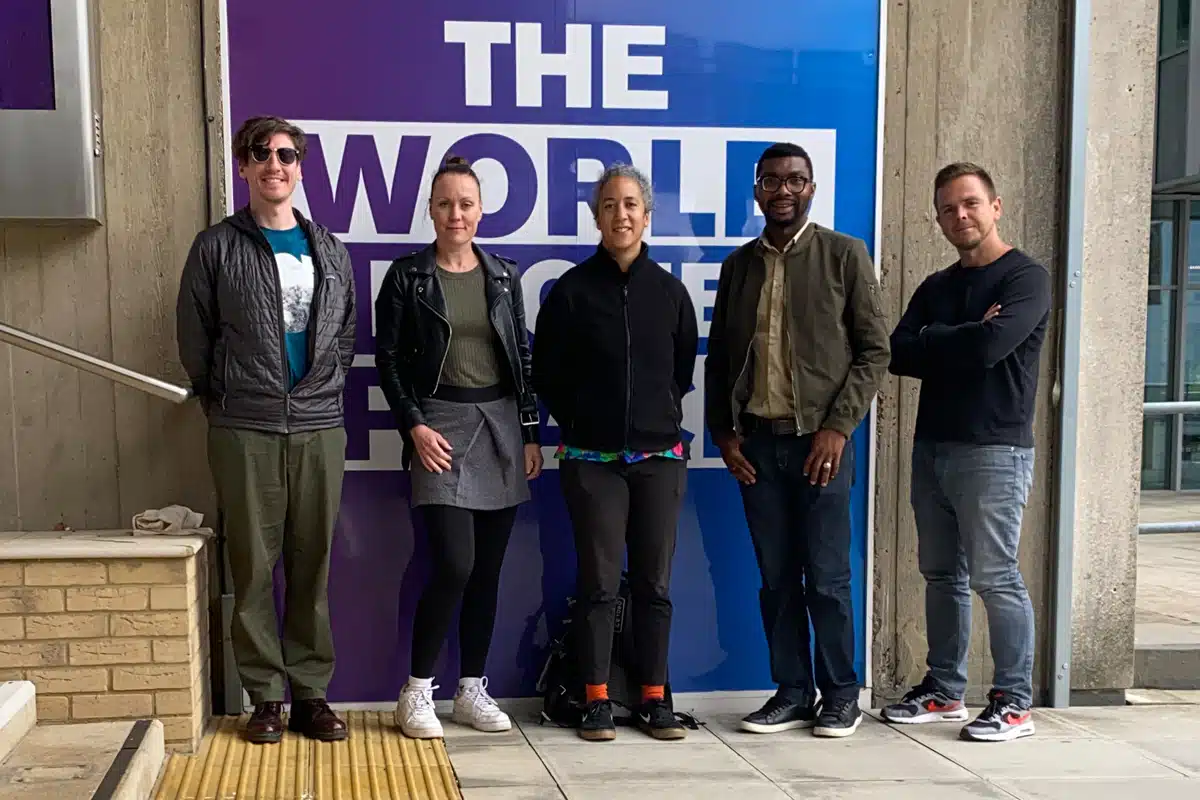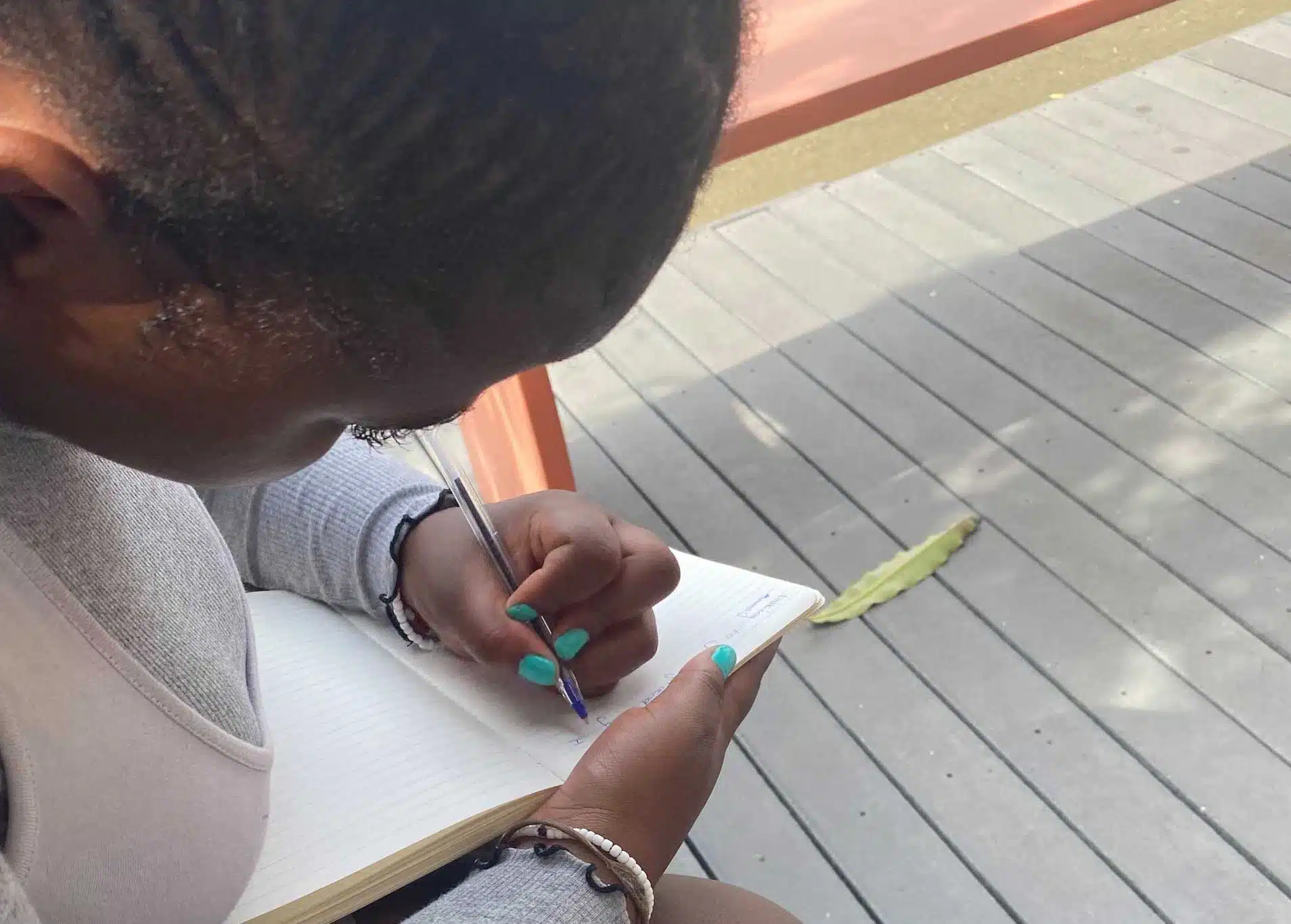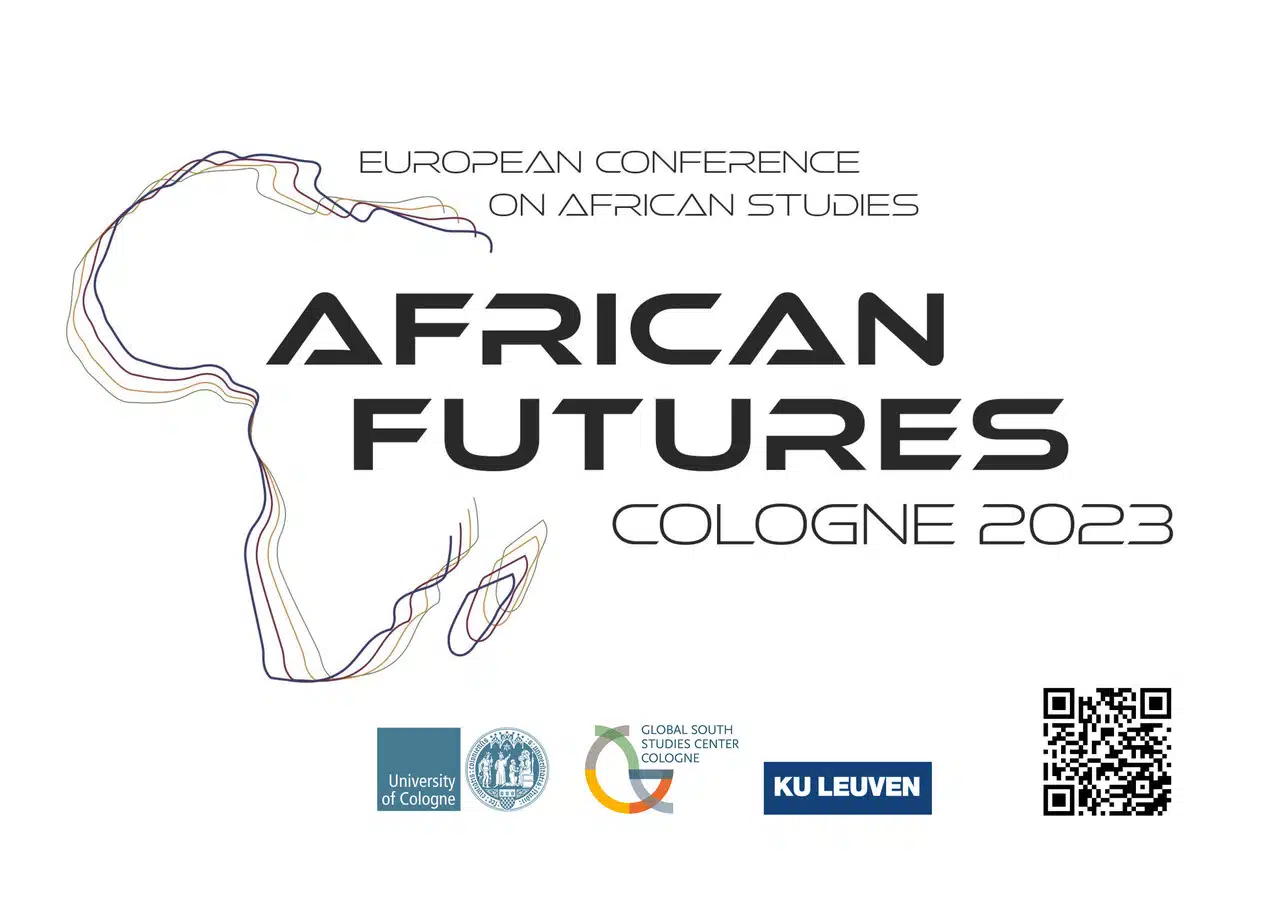Research trip to Zambia and youth language practices in Zambia
In February 2024, Hannah and Elvis went on a research trip to Zambia. Here they tell us a bit about their time in Zambia.
We arrived at the Kenneth Kaunda International Airport and were picked up and travelled by taxi to our hotel, Cargo88 at EastPark Mall. Before leaving the airport for the hotel, we had a warm welcome from the team working at the MTN office while we bought MTN sims, and there were beautiful balloons in the shop to commemorate Valentine’s Day. It was a nice start to the trip!
The goal of the research trip was to explore youth language practices in Zambia and to ascertain whether there are named youth languages or not, and what the microvariations and perceptions toward youth language practices are in the country. With our collaborator at the University of Zambia (UNZA), Dr Sitwe Benson Mkandawire, we conducted interviews with faculty members. We ran focus groups and administered questionnaires to students on the UNZA campus to explore insights into youth language practices in Zambia and perceptions towards language use.
Insights from the interviews, focus groups and questionnaires reveal that there are youth language practices in Zambia. In the case of the University of Zambia there are youth language practices called UNZA language which have words and expressions related to the experiences of the students on campus. There are other forms of youth language practices among certain groups, for instance, the ‘ekse’ language, which is described as a youth language influenced by American pop culture and African American vernacular.
There seemed to be no particular name for the broader youth language practices used in Lusaka. Still, the respondents stated that such language practices are influenced by the mixing of codes from the dominant languages such as Nyanja, Bemba, English and other local languages.
However, the youth language practices in the Copperbelt, for instance, are captured and titled Kopala. Interestingly, this popular youth language practices in the Copperbeltis also used by a cross-section of youths in other cities such as Lusaka. Music, pop culture and social media are said to be some of the avenues that influence the use of youth languages and also lead to their spread among the youth.
Insights from the interviews, focus groups and questionnaires reveal that there are youth language practices in Zambia. In the case of the University of Zambia there are youth language practices called UNZA language which have words and expressions related to the experiences of the students on campus. There are other forms of youth language practices among certain groups, for instance, the ‘ekse’ language, which is described as a youth language influenced by American pop culture and African American vernacular.
Elvis and Benson also had the opportunity to travel to the Eastern Provence of Zambia to Chipata where they explored youth language practices among Chipata College students. Similar to the phenomenon observed among UNZA students, the student respondents stated that they have some words and expressions they use when communicating with their peers. However, they do not use such language practices when speaking with adults and people who are not in their social circles.
For us to explore youth language practices outside of school contexts, we visited the market in the Lusaka city centre where we interviewed market sellers particularly young men selling items on the street. We were interested in their experiences.
The street sellers stated that they have their unique words and expressions that they use among themselves, which are not comprehensible to everyone except those in their inner group. They, however, do not have a name for their language practices but acknowledge that the language used is different from other ‘standard’ languages.
We further had an interesting experience on public transport listening to how drivers and bus conductors communicate with one another. It became evident that they use lots of words and expressions in their communication with passengers and also between themselves. Some of this seems to be unique and is not associated with any particular identifiably Zambian language or English. Some of the words and expressions, however, draw some inferences from other languages through for instance semantic extensions.
Our research trip to Zambia was a success and a great eye-opener into the multifaceted nature of language practices especially among the youth and their profound implications for identity construction. By exploring language dynamics in diverse contexts, we gained valuable insights into the complex interplay between language, culture, and identity!

